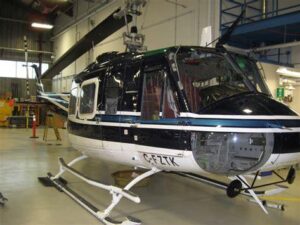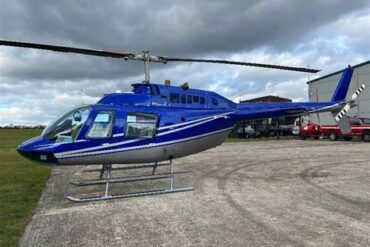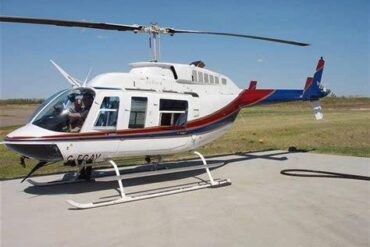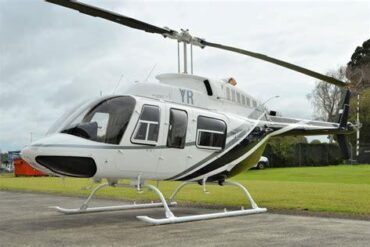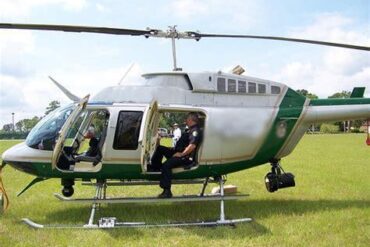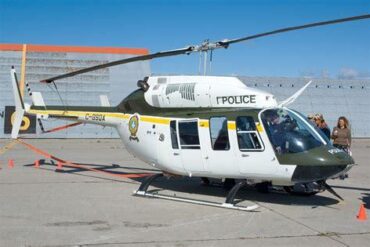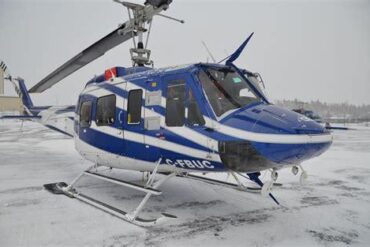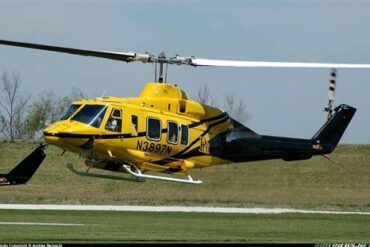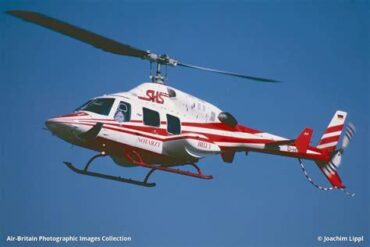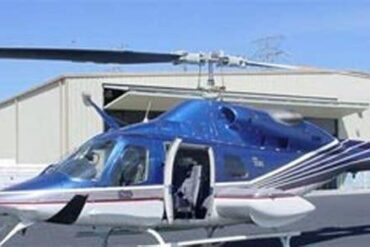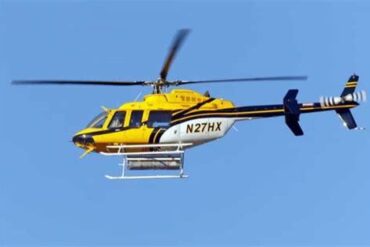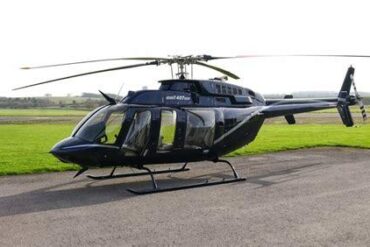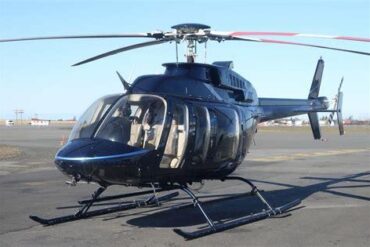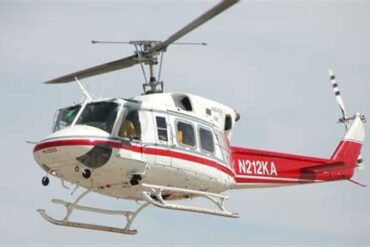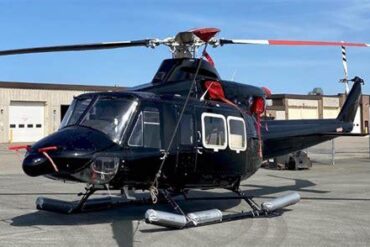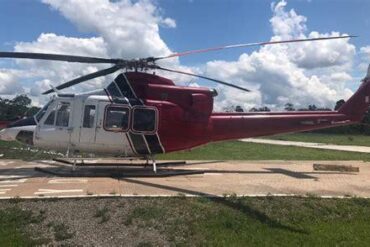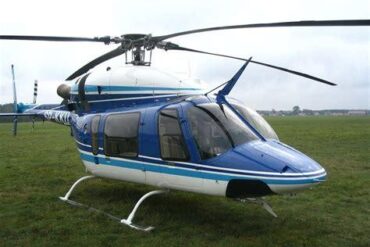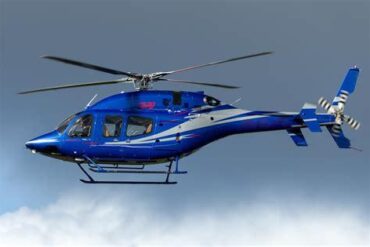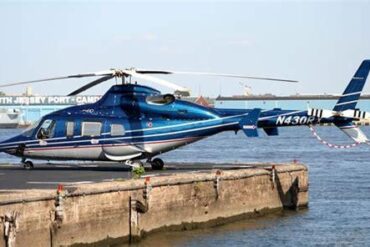The Bell 205A1 is a versatile helicopter known for its robust performance and adaptability in various operational environments. This article delves into the purchase price, operating costs, and the overall financial implications of owning and operating a Bell 205A1 helicopter.
Overview of the Bell 205A1
The Bell 205A1 is an upgrade of the iconic Bell 204 series and is widely recognized for its twin-engine configuration, which enhances safety and reliability. Designed primarily for utility and transport roles, the Bell 205A1 has become a staple in both military and civilian aviation. With a maximum gross weight of approximately 10,500 pounds and a range of about 250 nautical miles, it is capable of carrying up to 14 passengers or a substantial cargo load, making it ideal for various applications, including medical evacuations, firefighting, and offshore transport.
Purchase Price of the Bell 205A1
Acquiring a Bell 205A1 involves several financial considerations. The purchase price can vary significantly based on factors such as the helicopter’s condition, age, and modifications. On average, the cost of a used Bell 205A1 ranges from $400,000 to $1,000,000. Factors influencing this price range include:
-
Year of Manufacture: Newer models generally command higher prices.
-
Flight Hours: Helicopters with lower flight hours are valued more.
-
Maintenance History: Well-maintained helicopters tend to have better resale value.
-
Modifications: Additional features or upgrades can increase the initial cost.
Market Trends
In recent years, the market for used Bell 205A1 helicopters has remained relatively stable, with demand primarily driven by operators in emergency services, oil and gas, and forestry sectors. The competitive nature of these industries often influences pricing trends, making it crucial for buyers to stay informed about current market conditions.
Operating Costs Breakdown
Understanding the operating costs of the Bell 205A1 is essential for potential buyers and operators. Operating costs typically encompass several key areas:
1. Fuel Costs
The Bell 205A1 is powered by turbine engines, which are efficient but can be expensive to operate. The average fuel consumption is approximately 60-70 gallons per hour. With current fuel prices averaging around $5.00 per gallon, operators can expect to spend between $300 to $350 on fuel for every hour of flight. Given the high demand for fuel, it’s essential to calculate fuel costs based on anticipated flight hours to budget effectively.
2. Maintenance Costs
Routine maintenance is vital for ensuring the safe operation of the Bell 205A1. Maintenance costs can vary based on usage and specific operational requirements but typically range between $150 to $250 per flight hour. Key maintenance aspects include:
-
Scheduled Inspections: Regular inspections are mandated by aviation authorities and can be costly.
-
Parts Replacement: Replacement of parts, such as blades and gearboxes, adds to overall maintenance expenses.
-
Labor Costs: Skilled technicians are required for maintenance, which can increase operational costs significantly.
3. Insurance Costs
Insurance is another critical component of operating costs. The insurance premium for a Bell 205A1 can vary based on factors such as the operator’s experience, flight hours, and the intended use of the helicopter. On average, operators can expect to pay between $20,000 and $40,000 per year for comprehensive insurance coverage. This includes liability, hull insurance, and potential add-ons for specific missions.
4. Crew Costs
If the operation involves employing a flight crew, additional personnel costs will be incurred. A typical pilot salary for Bell 205A1 operations ranges from $70,000 to $120,000 per year, depending on experience and location. Additionally, expenses for co-pilots and support staff should be considered, as well as any training costs required to maintain crew proficiency.
5. Hangar and Storage Fees
Proper storage is crucial for maintaining the Bell 205A1 in optimal condition. Hangar fees can vary widely based on location and facility quality, typically ranging from $500 to $2,000 per month. Facilities located near urban areas or busy airports often charge a premium for hangar space. Operators must consider these costs when calculating overall operating expenses.
6. Additional Operational Expenses
Several other operational costs can impact the overall budget, including:
-
Landing Fees: Airports and helipads may charge landing fees that can add up quickly, especially for frequent operations.
-
Training Costs: Continuous training is essential for maintaining safety and operational efficiency, adding to the overall expenses.
-
Regulatory Compliance: Staying compliant with aviation regulations can incur various fees, including those for inspections and certifications.
Total Cost of Ownership
Calculating the total cost of ownership (TCO) for the Bell 205A1 involves aggregating all the above operating costs over a set period, typically annually. Here’s an estimation based on average values:
| Cost Category | Annual Estimate |
|---|---|
| Fuel Costs | $40,000 – $70,000 |
| Maintenance Costs | $30,000 – $50,000 |
| Insurance Costs | $20,000 – $40,000 |
| Crew Costs | $70,000 – $120,000 |
| Hangar Fees | $6,000 – $24,000 |
| Additional Expenses | $5,000 – $15,000 |
| Total Estimated Costs | $176,000 – $319,000 |
This table illustrates how operating a Bell 205A1 can amount to $176,000 to $319,000 annually, depending on usage patterns and specific operational requirements.
Conclusion
The Bell 205A1 offers a unique combination of performance, versatility, and reliability, making it a popular choice for various operators. However, potential buyers must thoroughly understand the purchase price and operating costs associated with this aircraft. By carefully evaluating these financial aspects, operators can make informed decisions that align with their operational needs and budgetary constraints. In conclusion, the Bell 205A1 remains a solid investment for those seeking a reliable helicopter for diverse applications.
